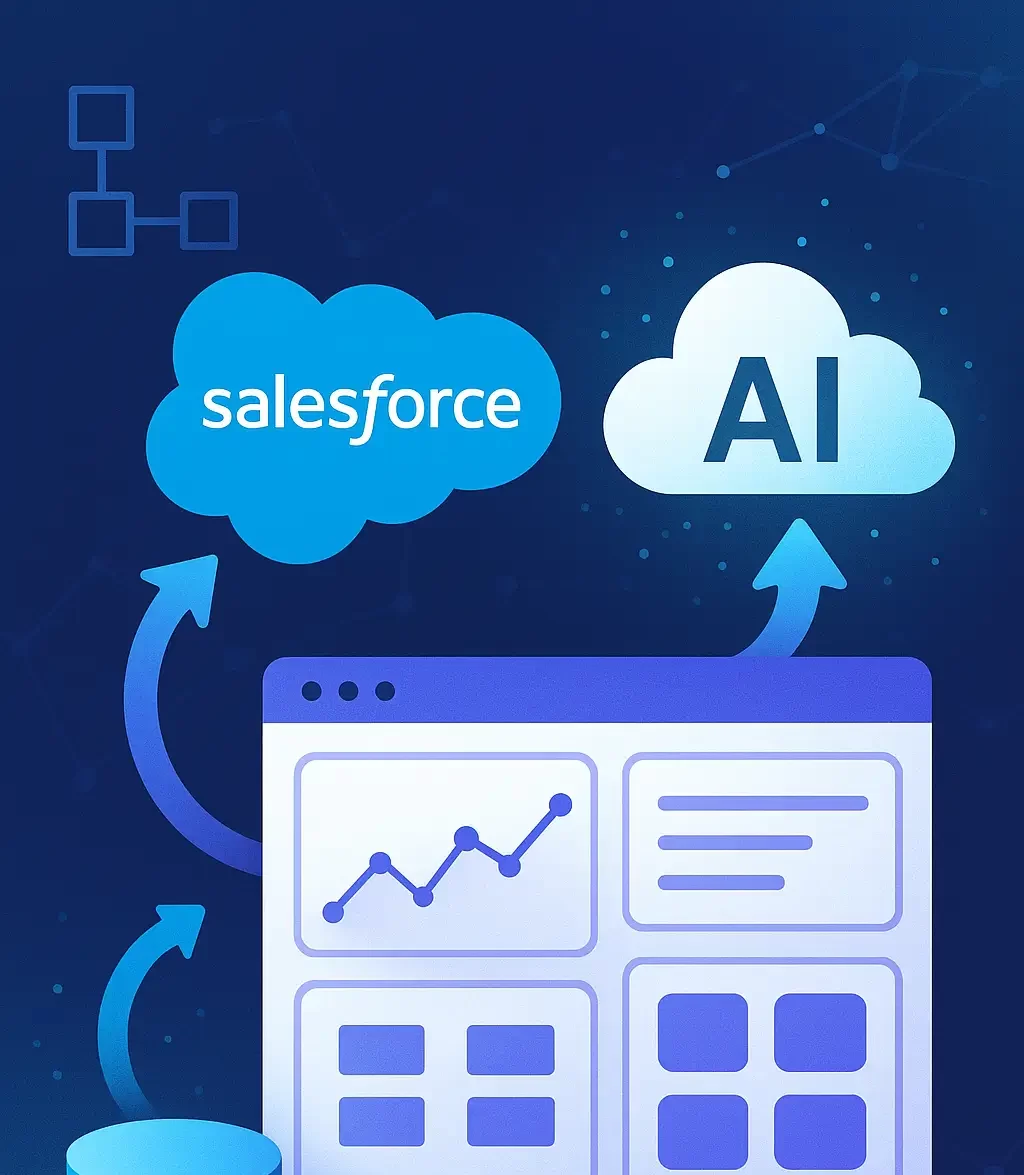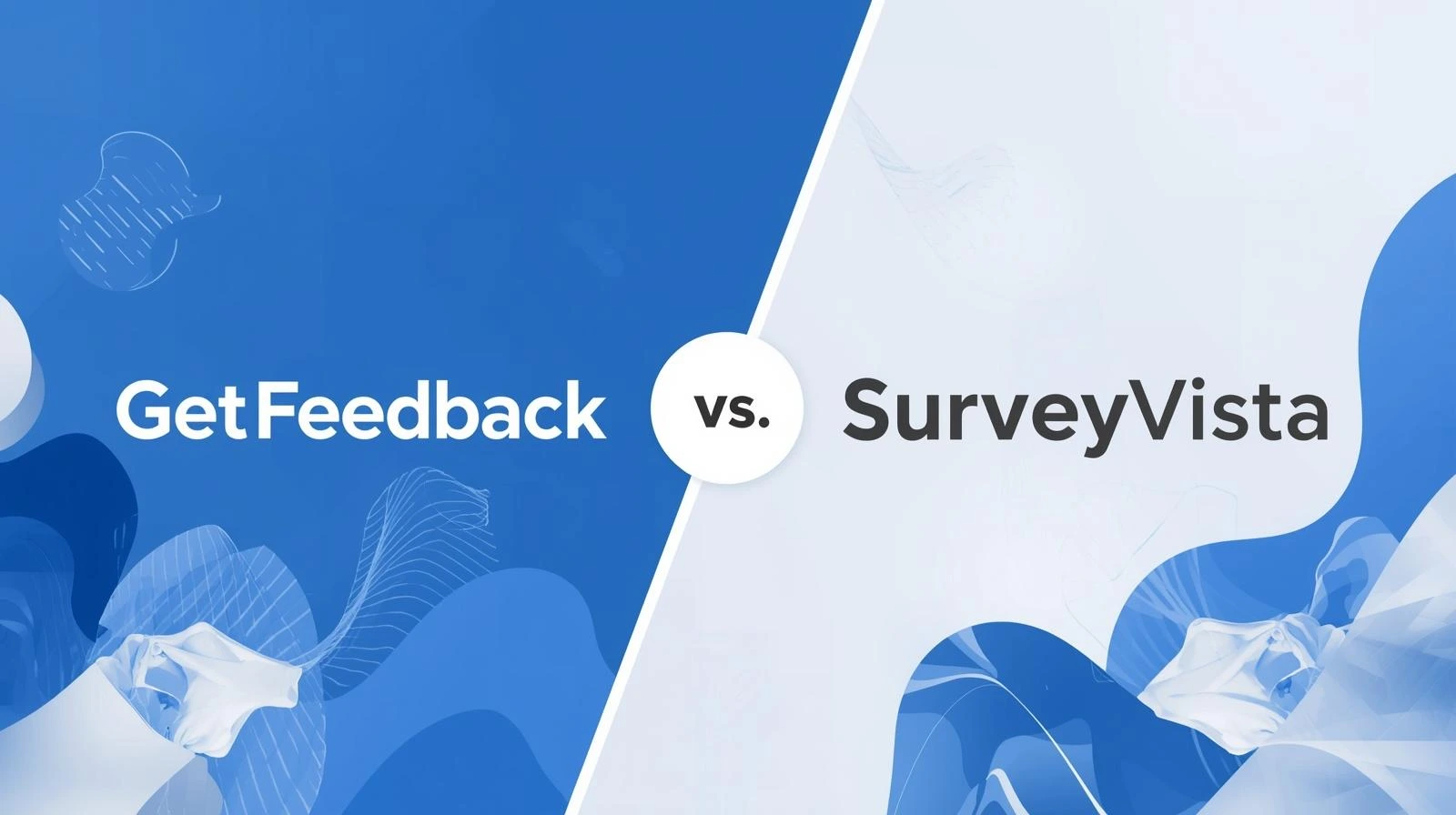In today’s rapidly evolving business landscape, organizations are drowning in data scattered across multiple platforms, creating inefficiencies that hinder growth and decision-making. The emergence of artificial intelligence has amplified the need for seamless data flow, making native Salesforce integrations more critical than ever for breaking down information barriers and enabling true customer data unification. Recent Harvard Business Review research highlights how data integration challenges continue to plague modern enterprises.
The Hidden Cost of Data Silos in Modern Enterprises
Data silos represent one of the most significant obstacles to business efficiency in the digital age. When customer information, sales data, marketing insights, and operational metrics exist in isolation across different systems, organizations struggle to create a comprehensive view of their business performance. These fragmented data landscapes prevent teams from accessing real-time insights, lead to duplicated efforts, and ultimately compromise the customer experience.
The problem becomes even more pronounced when considering the potential of AI-powered automation. Artificial intelligence thrives on comprehensive, clean data sets to generate meaningful insights and drive intelligent decision-making. However, when data remains trapped in silos, AI systems cannot access the full spectrum of information needed to deliver their promised value.
AI agents, including those powered by Salesforce AgentForce, rely on unified, real-time data to deliver accurate, human-like responses. When trapped in silos, valuable insights like CSAT scores, NPS results, and customer feedback data never reach AI models, reducing their effectiveness. According to Forrester, incomplete data sets are among the top reasons AI implementations underperform.
Why Native Salesforce Integrations Are Game-Changers
Native Salesforce integrations offer a fundamental solution to the data silo challenge by creating seamless connections between Salesforce and other business-critical applications. Unlike third-party integration tools that often require complex middleware and ongoing maintenance, native integrations are built specifically for the Salesforce ecosystem, ensuring optimal performance, security, and reliability.
These integrations enable organizations to achieve true customer data unification by automatically synchronizing information across platforms in real-time. When marketing automation tools, customer service platforms, accounting systems, and analytics dashboards all communicate directly with Salesforce, businesses can maintain a single source of truth for all customer interactions and business processes.
The beauty of native Salesforce integrations lies in their ability to preserve data integrity while enabling sophisticated AI-powered automation workflows. By eliminating the need for manual data entry and reducing the risk of synchronization errors, these integrations create the foundation for intelligent business processes that can adapt and evolve based on real-time insights.
Transforming Business Operations Through Intelligent Workflow Design
Modern businesses require workflows that can respond dynamically to changing conditions and customer needs. Native Salesforce integrations enable the creation of intelligent workflows that leverage AI-powered automation to streamline operations across departments. For example, when a lead is captured through a marketing campaign, native integrations can automatically update the CRM, trigger personalized email sequences, notify sales representatives, and update forecasting models simultaneously.
This level of automation extends beyond simple data transfer to encompass complex business logic and decision-making processes. AI algorithms can analyze customer behavior patterns, predict future needs, and automatically adjust workflow parameters to optimize outcomes. The result is a responsive business environment where processes adapt in real-time to maximize efficiency and customer satisfaction. MIT’s AI research demonstrates how intelligent workflows can transform business operations.
Organizations implementing comprehensive native Salesforce integrations often report significant improvements in team productivity, data accuracy, and customer engagement metrics. According to Salesforce research, companies using integrated workflows see up to 40% improvement in operational efficiency. By eliminating the manual processes associated with data silos, teams can focus on strategic initiatives that drive business growth rather than administrative tasks.
The Role of Customer Feedback Data in AI Accuracy
Customer feedback data, including CSAT, NPS, and open-text VoC responses, is often overlooked in AI strategies. Yet, this quantitative data provides context and sentiment insights that transactional data cannot offer. SurveyVista, as a 100% Salesforce-native solution, captures feedback directly at every touchpoint and feeds it into Salesforce CRM, contributing to a unified customer profile.
This enriched data improves the training and real-time performance of AI agents within Salesforce AgentForce, helping businesses:
- Detect and address dissatisfaction signals early.
- Optimize conversational AI scripts based on real-world feedback.
- Surface growth opportunities through VoC trend analysis.
- Predict churn with higher accuracy.
Unified Customer Data Implementation and Intelligent Workflows
Successful customer data unification requires a strategic approach that begins with auditing existing data sources and identifying key customer touchpoints. Organizations should focus on creating unified customer profiles through native Salesforce integrations that aggregate sales interactions, marketing data, service history, and billing information into a 360-degree customer view.
With this unified foundation, organizations can design intelligent, AI-powered workflows that adapt dynamically to customer needs. Examples include triggering retention workflows when NPS drops below threshold, personalizing service interactions using CSAT trends, adjusting sales outreach based on product feedback, and automating escalation of high-risk accounts. This intelligent automation eliminates manual intervention and ensures every team acts on consistent, up-to-date information.
Data governance plays a crucial role in maintaining the integrity of unified customer data. Organizations must establish clear protocols for data quality, access controls, and compliance requirements, as outlined in Gartner’s data governance framework. Native Salesforce integrations support these governance requirements by providing built-in security features and audit trails that ensure data remains accurate and accessible only to authorized users.
Measuring Success and Continuous Optimization
The implementation of native Salesforce integrations and AI-powered automation should be viewed as an ongoing process rather than a one-time project. Organizations need to establish key performance indicators that measure the effectiveness of their integration strategy and identify opportunities for continuous improvement.
Common metrics include data accuracy rates, workflow completion times, user adoption rates, and customer satisfaction scores. Advanced analytics capabilities within Salesforce can provide real-time visibility into these metrics, enabling organizations to make data-driven decisions about workflow optimization and system enhancements. Salesforce Analytics Cloud offers comprehensive tools for measuring integration success and identifying optimization opportunities.
Successful organizations also invest in regular training and change management initiatives to ensure teams can leverage the full potential of their integrated systems. As AI capabilities continue to evolve, ongoing education helps teams stay current with new features and best practices that can further enhance workflow efficiency.
For organizations looking to enhance their data collection and analysis capabilities, tools like SurveyVista can provide valuable customer insights that complement native Salesforce integrations, creating an even more comprehensive view of customer needs and preferences.
SurveyVista: Enabling Data Unification and Feedback-Driven Automation
SurveyVista plays a critical role in unifying customer feedback data within Salesforce. As a native Salesforce solution, it seamlessly integrates CSAT, NPS, VoC, and other survey data into Salesforce objects. This eliminates the need for external survey tools and disjointed data sources.
With SurveyVista:
- Capture feedback directly within Salesforce, enriching customer profiles.
- Map feedback data to Accounts, Cases, Opportunities, and Contacts.
- Use response data to trigger automated, AI-powered workflows.
- Improve AI agent accuracy by feeding real-world customer feedback into training models.
From onboarding to renewal, SurveyVista helps organizations move from reactive data collection to predictive, feedback-driven automation.
The Future of Intelligent Business Operations
The convergence of native Salesforce integrations and artificial intelligence represents a fundamental shift in how businesses operate and compete. Organizations that successfully eliminate data silos and implement intelligent workflows gain significant advantages in terms of operational efficiency, customer experience, and market responsiveness.
As AI technologies continue to advance, the importance of unified data platforms will only increase. Native Salesforce integrations provide the foundation for leveraging emerging AI capabilities, ensuring organizations can adapt quickly to new technologies and market opportunities. Industry leaders like Deloitte predict that integrated AI systems will become essential for competitive advantage.
The investment in comprehensive customer data unification and AI-powered automation pays dividends through improved decision-making, enhanced customer relationships, and sustainable competitive advantages. Organizations that embrace this transformation position themselves for long-term success in an increasingly data-driven business environment.
Ready to unlock AI-powered automation with unified customer data? Explore SurveyVista – your native Salesforce solution for intelligent, feedback-driven business operations.
More Like This

Rajesh Unadkat 
Founder and CEO
Rajesh is the visionary leader at the helm of SurveyVista. With a profound vision for the transformative potential of survey solutions, he founded the company in 2020. Rajesh's unwavering commitment to harnessing the power of data-driven insights has led to SurveyVista's rapid evolution as an industry leader.
Connect with Rajesh on LinkedIn to stay updated on the latest insights into the world of survey solutions for customer and employee experience management.



